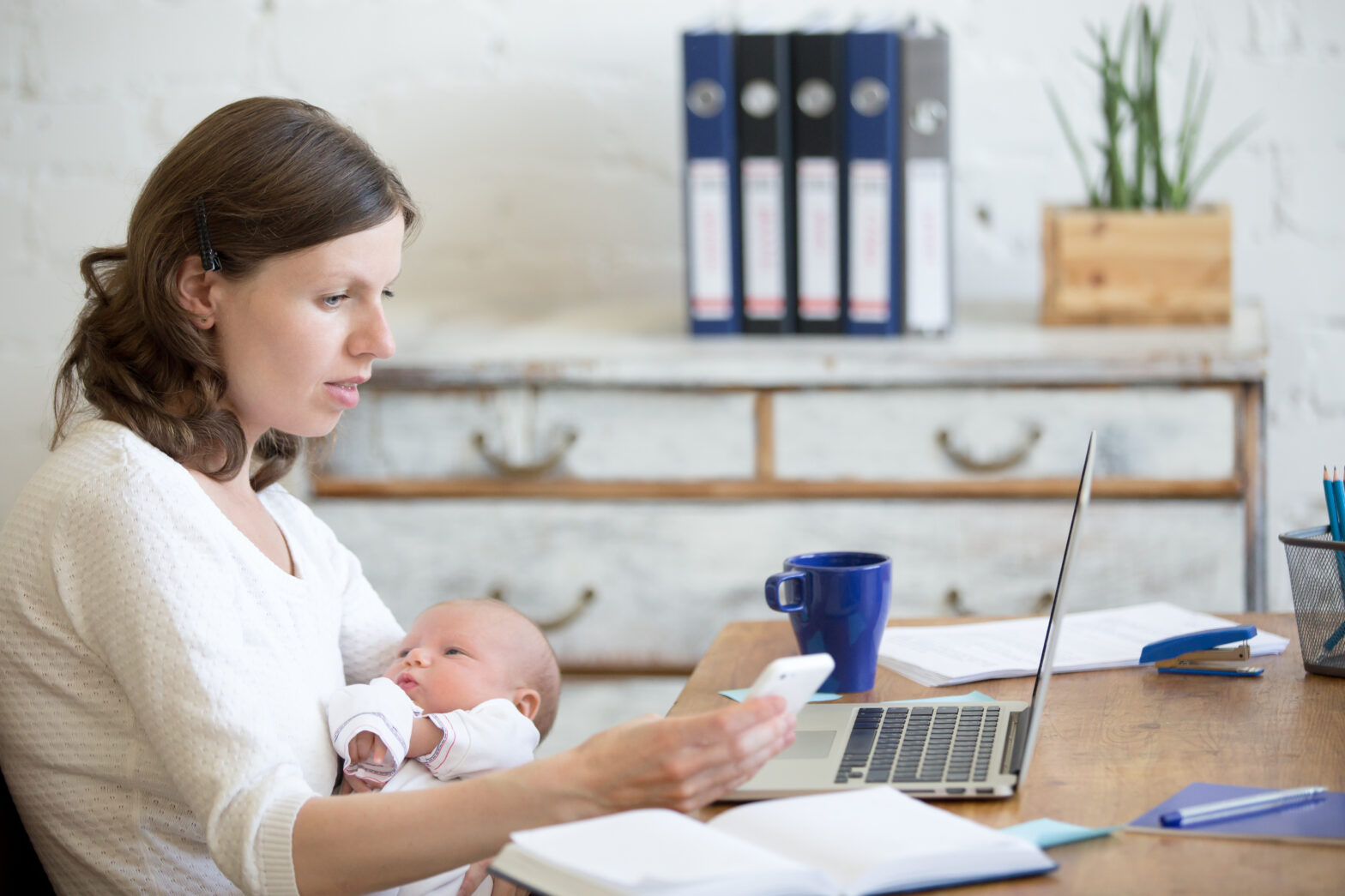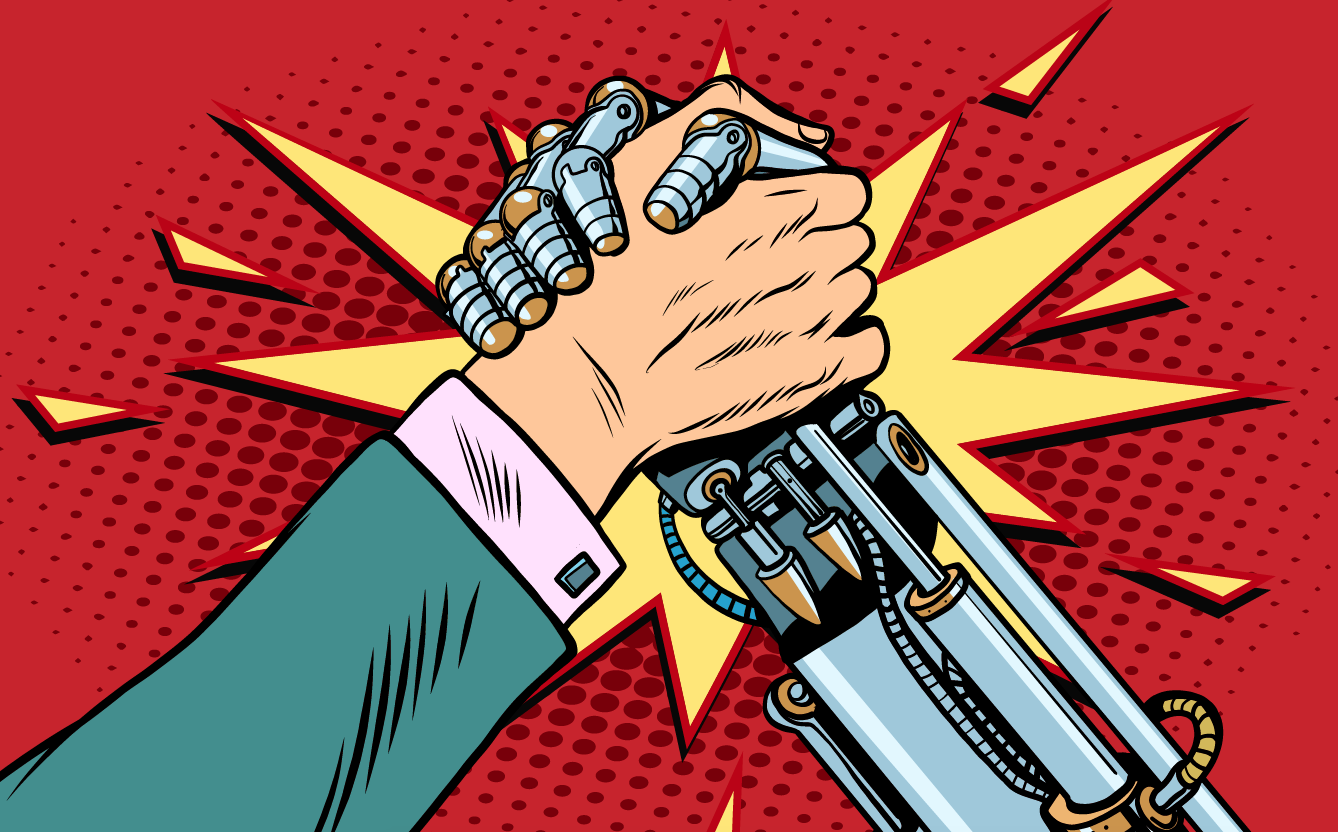Self-employed New Mums Call for Maternity Pay Equality As Over Half Suffer from Mental Health Issues Self-employed mums in the UK are calling for the government to address the inequality in maternity pay, as a GP-led study reveals over half (59%) admit to suffering from mental health issues, caused by being forced to work immediately after giving birth. A group of NHS doctors responsible for founding GPDQ, the doctor on demand app that enables patients to book and see a GP in the comfort of their own home, have funded a contextual study of self-employed new mums after seeing too many mums suffering in silence behind closed doors. The ‘Six Weeks Support’ campaign includes a petition, which will lobby government for change.
The GP-led study of 104 self-employed mums reveals that over half (59 per cent) have suffered from anxiety, general stress or depression caused by the amount of responsibility associated with running a business and having a newborn. When asked how equality in maternity pay would have helped, 91 per cent said they would have used the income to draft in extra support.
Becoming a mum has forced more than a third of new mums to throw the towel in completely and almost half considered ceasing trading due to the struggles of running a business and becoming a new mum, but against all odds, they kept going. Out of those who ceased trading, 10 per cent went into employment and 20 per cent are currently unemployed.
When the GP-led study asked self-employed new mums what negative side effects they had experienced because of being forced to work immediately after having a baby, the top five reasons were:
1. General stress (67 per cent)
2. Inability to relax and enjoy my baby (59 per cent)
3. Lack of sleep, through worrying about the business (57 per cent)
4. Anxiety (55 per cent)
5. Loss of confidence in social or business situations (43 per cent)
Dr Kristy Lau, NHS locum GP and one of the founding GPs behind the doctor-on-demand-app GPDQ explains why the campaign can make a difference. “In the UK, self-employed women continue to receive 90 per cent less maternity pay in the first six weeks than their employed equivalents, an injustice that is taking its toll on the health of the mother and her ability to bond with her new child, as 45 per cent have no choice but to continue to work as soon as the day after giving birth,” she says.
“When a new mum takes her newborn to the GP for its routine checks, there is no way a GP can see what’s happening day-to-day for that mum – it’s only because we see them at home, that we have been able to see how big this problem is – and we think that what we have seen is the tip of the iceberg. “With everything health related, prevention is always better than cure – if new self-employed mums can get maternity pay equal to their employed equivalents it’s at least one way they can get the support they need to enjoy motherhood, and avoid potentially life-threatening issues.”
Siobhan Merrifield of the Association for Post-Natal Illness (APNI) supports the ‘Six Week Support’ Campaign. “Self-employed mums have a lot on their plate, which can induce mental health issues that wouldn’t have arisen if they were able to take time out, or, if like their employed equivalents, could take a reasonable amount of time out to bond with the new baby,” Merrifield says.
“These figures should urge government to consider equality in maternity pay, to enable self-employed new mums to draft in the support they need and deserve.”
Anne Suosilta, volunteer manager for the Pandas Foundation, which is responsible for providing for pre, and post-natal depression advice and support to mums supports the ‘Six Week Support’ Campaign, too. “This is a powerful campaign as the people behind it are the GPs who have first-hand experience of the struggle of mental illness behind closed doors. No one should feel alone, but the reality is that some self-employed mums can feel isolated without a team based support network.”
“The first six weeks after birth is a crucial time for mum’s mental health and PANDAS foundation are here to support,” she adds. “It is paramount that any additional pressures such as financial are removed – equality in maternity pay would absolutely help lighten the load.”
The study also revealed that even the idea of having a baby made 63 percent of self-employed mums fear for the future, and 67 per cent admitted to underestimating the effect a newborn baby would have on their business. These concerns are evident in female start-up figures – In 2015, 126,000 businesses were created by women – down from the 139,000 in 2013. The petition for all to sign is here.







